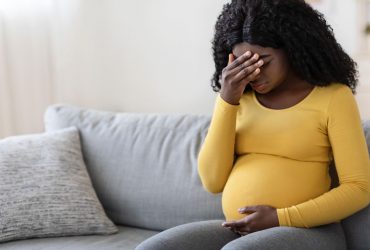Findings revealed lower infant attention scores at six months, which predicted socioemotional function, neurodevelopmental risk
Findings show a dose-dependent pattern, with similar pattern for men and women and by race
12-week app-based intervention reduced depressive symptoms, burnout, and absenteeism
However, most workers acknowledge employer support for mental health and well-being
Both physicians, nurses rank improving nurse staffing as the most needed intervention
Review generally revealed low-certainty evidence, particularly for longer-term effects
Most common worries include those regarding school and friendships
Workers reporting difficulty changing their work schedule had higher serious psychological distress
Pandemic period characterized by increase in emotional distress among most demographic groups, followed by decline in 2021
In general population studies, no change observed in general mental health or anxiety symptoms; minimal worsening seen in depression symptoms










